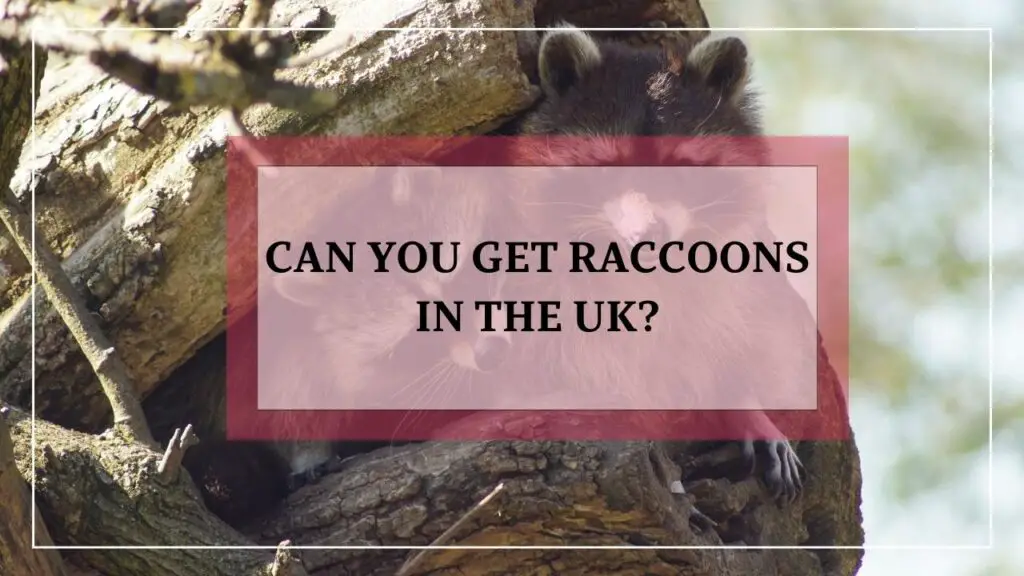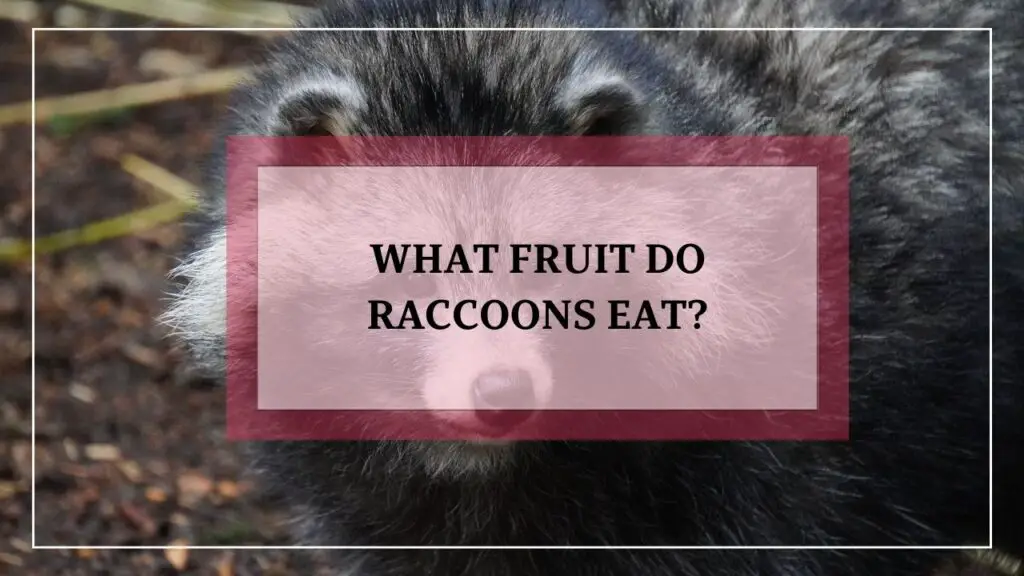Have you ever wondered if there are raccoons in the UK? Well, I have some exciting news to share with you! Raccoons are not native to the UK, which means they don’t naturally live here. However, there have been a few raccoons that people have brought here as pets or escaped from captivity. These raccoons are called “feral” raccoons because they are no longer living with humans and have adapted to survive in the wild. While there have been some sightings of feral raccoons in the UK, they are very rare. So, to sum it up, yes, there are a few raccoons in the UK, but they are not common. Isn’t that interesting? Let’s learn more about these mischievous creatures and why they are not found everywhere in the UK!
Raccoons in the United Kingdom
While raccoons are not native to the United Kingdom, there have been instances of them being found in the country.
Historical context
Raccoons were not originally present in the UK, but they were introduced at some point in the past.
Escaped or released raccoons
Instances of raccoons being found in the UK are often attributed to escaped or released individuals. It is believed that some people have kept raccoons as pets and either accidentally or intentionally released them into the wild.
Legal status and regulations
The ownership and importation of raccoons in the UK are regulated by laws. It is generally illegal to keep raccoons as pets without a license. Organizations like the RSPCA and local councils are involved in efforts to control raccoon populations and prevent their spread.
Related Article:Can You Kill Raccoons In California
The impact of raccoons in the UK
The presence of raccoons in the UK can have various implications, both ecologically and in terms of public health.
Ecological implications
Raccoons, as non-native species, can potentially pose a threat to native species in the UK. They may compete with local wildlife for resources and disrupt local ecosystems.
Health concerns
Raccoons can carry zoonotic diseases, which are diseases that can be transmitted from animals to humans. They can also pose risks to domestic pets if they come into contact with them.
Can raccoons survive in the UK?
The survival of raccoons in the UK is not guaranteed due to various factors.
Related Article:What Can You Do To Get Rid Of Raccoons?
Climate and habitat suitability
The UK climate may not be ideal for raccoons, as they are primarily found in North America where they have adapted to specific habitats. The UK’s milder climate and different ecological conditions may pose challenges for raccoons to thrive.
Behavior and adaptability
While raccoons are known for their adaptability to new environments, their success in the UK may be limited by factors such as competition with native species and availability of suitable food sources.
Managing raccoons in the UK
Efforts are being made to manage raccoon populations in the UK and prevent their establishment.
Prevention and awareness
Public education plays a vital role in raising awareness about raccoon-related issues and encouraging responsible pet ownership. By educating people about the potential risks and consequences of keeping raccoons as pets, it can help prevent their release into the wild.
Related Article:Can You Kill Raccoons In Tennessee
Trapping and relocation
If raccoons are found in the UK, trapping and relocation methods may be employed to remove them from the wild. However, this process can be challenging and raises ethical considerations, as it involves capturing and relocating animals.
In conclusion, while raccoons are not native to the UK, there have been instances of them being found in the country. Their presence can have ecological and health implications, and efforts are being made to manage their populations. However, the survival of raccoons in the UK is uncertain due to various factors. It is important to raise awareness and prevent the release of raccoons into the wild to minimize their impact on native wildlife and ecosystems.
FAQs
1. Can you get raccoons in the UK?
Yes, raccoons are not native to the UK. They are native to North America and can be found in parts of Canada, the United States, and Mexico. Raccoons are not naturally found in the wild in the UK.
2. Are there any raccoons living in the UK?
There have been occasional reports of raccoons being sighted in the UK, but these are usually escaped or released captive animals. It is illegal to release raccoons into the wild in the UK, and any sightings should be reported to the relevant authorities.
3. Can raccoons survive in the UK climate?
Raccoons are adaptable creatures and can survive in a wide range of climates. However, the UK climate may not be suitable for long-term survival. Raccoons are better adapted to the forests and wetlands of North America and may struggle to find suitable food sources and shelter in the UK.
Related Article:Can Raccoons See In The Dark?
Conclusion
In conclusion, while there have been instances of raccoons being found in the United Kingdom, they are not native to the country. These raccoons are believed to be either escaped or released pets. The presence of raccoons in the UK raises concerns regarding their impact on the environment and potential health risks.
Raccoons, with their adaptable nature, have the potential to pose a threat to native species and compete for resources. Additionally, they can carry zoonotic diseases that can be transmitted to humans and domestic pets. Therefore, it is crucial to manage the presence of raccoons in the UK.
Efforts should focus on prevention and awareness, educating the public about the potential risks associated with raccoons and promoting responsible pet ownership. Trapping and relocation methods can be employed to manage the raccoon population, but ethical considerations must be taken into account.
Overall, while raccoons may not be native to the United Kingdom, their presence highlights the need for vigilance and proactive measures to prevent any negative impacts on the local ecosystem and public health.
Related Article:What Do Raccoons Do In The Winter?

Hi, I’m Ali Tarek, the founder of Animalsman. I’ve always been passionate about pets, especially dogs and cats, and I created this website to share practical tips, easy recipes, and helpful care advice for fellow pet lovers. My goal is to make pet care simple, enjoyable, and accessible for everyone. When I’m not writing or curating content, you’ll usually find me spending time with my furry friends or learning new ways to keep them happy and healthy.



